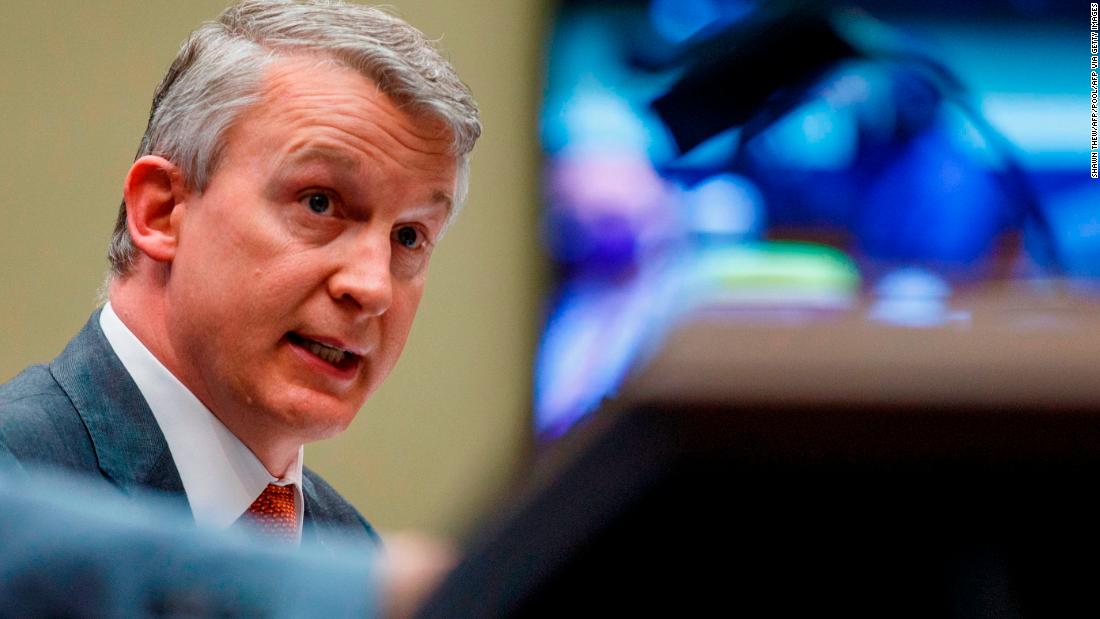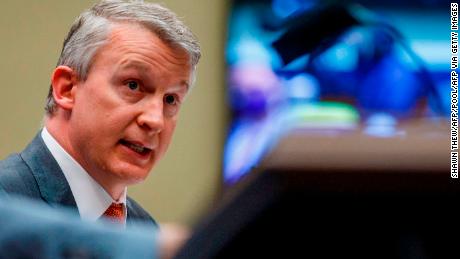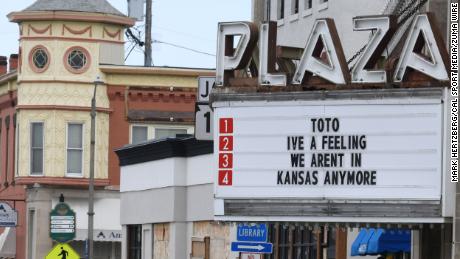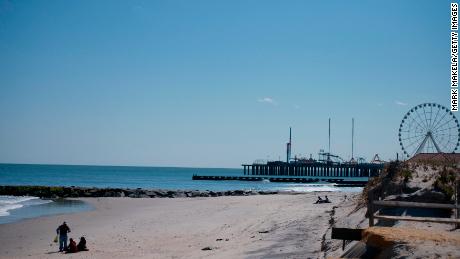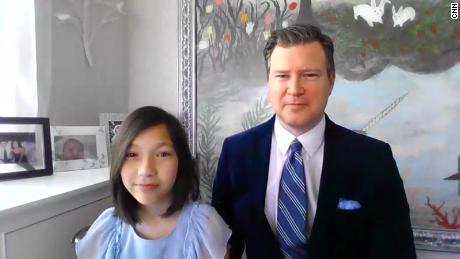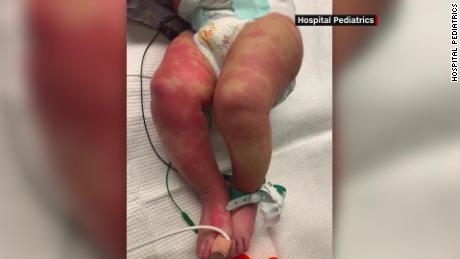Ousted vaccine chief: ‘The virus is still spreading everywhere’
In 17 states, the numbers are holding steady, according to an analysis of data from Johns Hopkins University. And in nine states, the numbers of new cases are still rising.
But that doesn’t mean it’s time to celebrate and take off face masks in public.
‘The virus is still spreading everywhere’
“The virus is still spreading everywhere,” Bright told the House Energy and Commerce Committee hearing on Thursday.
Bright was ousted last month as director of the Biomedical Advanced Research and Development Authority, a government agency that procures vaccines for the national stockpile.
“There were some attempts to bypass that rigorous vetting process that caused me great concern,” Bright testified.
But Health and Human Services Secretary Alex Azar slammed Bright’s claims, saying he “literally signed” the application for FDA authorization of hydroxychloroquine.
CDC has reopening ‘decision trees’
Documents posted to the CDC’s website provide step-by-step guidance. For example, employers are advised to encourage social distancing, handwashing and intensified cleaning.
The decision trees are very similar, with small adjustments to account for the differences between schools, for instance, and restaurants.
Wisconsin court strikes down state-at-home order
It was a victory for Republican state lawmakers, who said Democratic Gov. Tony Evers’ administration overstepped its authority when it extended the order to May 26. Those lawmakers said the order would hurt companies and cost residents their jobs.
Less than an hour after the court’s decision, some revelers celebrated by going to bars. Many ignored health officials’ guidance to stay 6 feet away from each other.
“The Wisconsin Supreme Court may be a legal authority, but is not a public health authority,” George Schneider said. “You wouldn’t take medical advice from a butcher, right? You’d go to your doctor.”
States consider reopening summer camps
Some state officials have taken steps toward allowing some typical summer activities in the coming weeks.
Rhode Island Gov. Gina Raimondo announced her state would allow summer and youth camps to operate in-person beginning June 29, with strict hygiene and social distancing guidelines, such as keeping children in small groups of 10.
While this is just a goal and subject to change, Raimondo said she believed opening camps was important for kids’ “mental and emotional and intellectual development and health.”
Similarly, Connecticut officials aim to reopen summer camps on June 29 and open summer schools in July, Gov. Ned Lamont has said.
New Mexico Gov. Michelle Lujan Grisham said Wednesday that youth summer programs would be allowed with restrictions, such as daily temperature checks, a limited 5:1 child to adult ratio and maintaining 6 feet of distance.
There’s little information about Kawasaki-like illness in children, CDC says
“There is limited information currently available about risk factors, pathogenesis, clinical course, and treatment for MIS-C,” the agency said. “CDC is requesting healthcare providers report suspected cases to public health authorities to better characterize this newly recognized condition in the pediatric population.”
Some children have been affected by the virus while battling Covid-19 or after healing, but experts can’t say with complete confidence that both conditions are linked, Dr. Jake Kleinmahon, a pediatric cardiologist at Ochsner Hospital for Children in New Orleans, who has treated at least one case of the syndrome, told CNN.
But reports from Europe and from several cities in the US show a link, health experts say.
Symptoms include persistent fever, inflammation and poor function in organs such as the kidneys or heart. Children might also have blood vessel inflammation, such as red eyes, a bright red tongue and cracked lips.
The condition has been described as similar to Kawasaki disease — another inflammatory disease most commonly diagnosed in children — and toxic shock syndrome.
Study provides new details on air droplets
Talking loudly for one minute in a confined space could generate at least 1,000 speech droplets containing Covid-19 particles, according to an estimate by researchers at the National Institutes of Health and the University of Pennsylvania.
“These observations confirm that there is a substantial probability that normal speaking causes airborne virus transmission in confined environments,” the study says.
CNN’s Ethan Cohen, Liz Stark, Sergio Hernandez, Steve Almasy, Shelby Lin Erdman, Maggie Fox, Matthew Hoye and John Bonifield contributed to this report.
![]()


